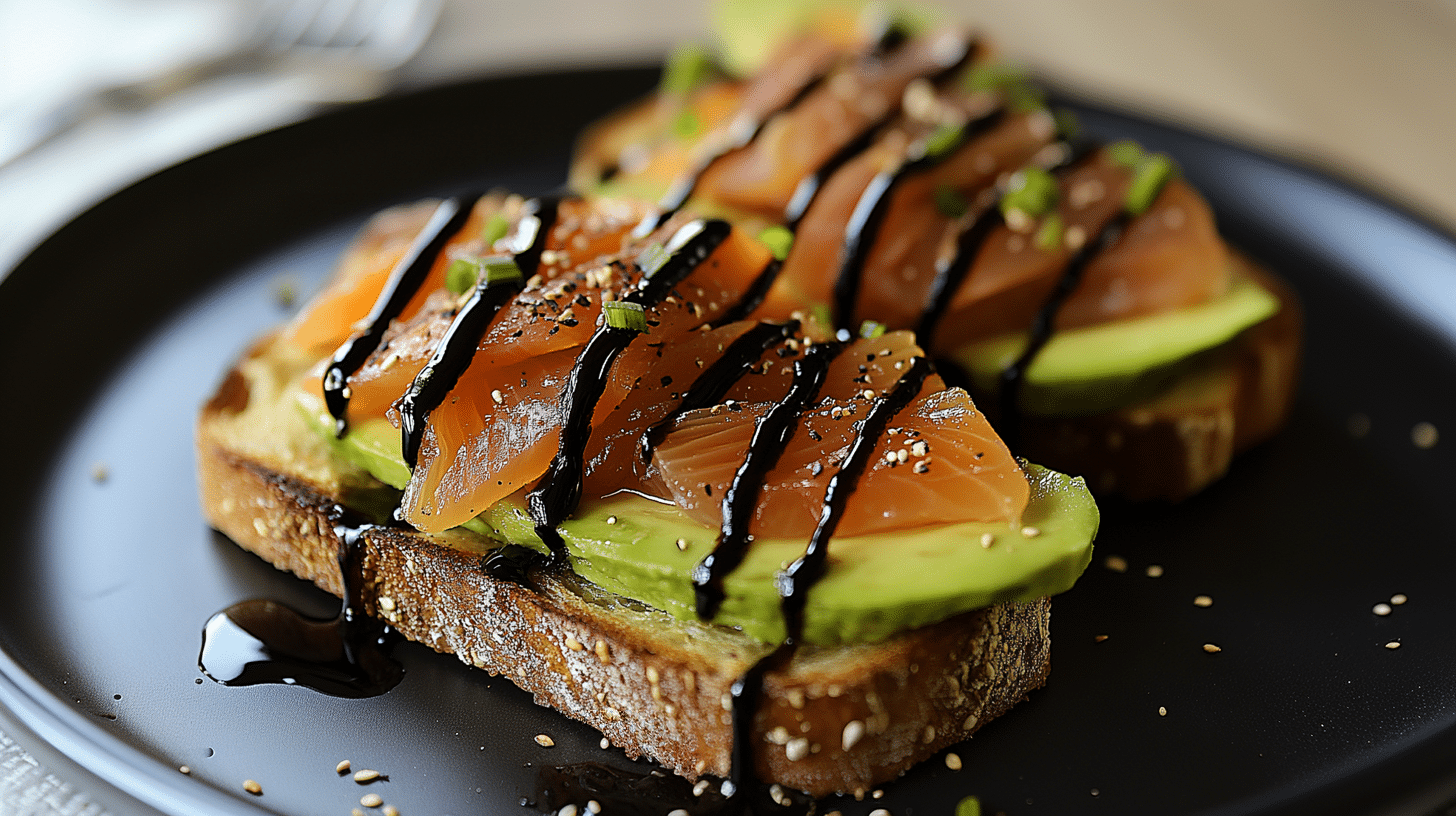Think Fat-Free Foods Are Always a Healthier Option? Think Again!
Fat-free foods are always a healthier option may sound like a simple rule of thumb, but the reality is much more complicated. In a society fixated on dieting and weight loss, fat-free products are often marketed as guilt-free and the ultimate healthy choice. However, this assumption is misleading, as fat-free does not automatically mean better for health. While these products may offer nutritional benefits, many contain hidden ingredients, such as added sugars, fillers, and artificial additives, which can undermine your wellness goals.
Healthy fats, on the other hand, play an essential role in supporting overall health. Rather than focusing solely on cutting fat from the diet, it’s crucial to understand the broader context of nutrition. Eliminating fat without considering the full nutritional profile can lead to unintended consequences, such as nutrient imbalances or increased hunger. Reassessing what makes a food healthy—beyond just removing fat—can help you make smarter, more sustainable dietary choices.

The Hidden Ingredients in Fat-Free Foods
While fat-free foods might seem healthier, examining what replaces the missing fat is crucial. When fat is removed, food manufacturers often add other ingredients to maintain the flavor, texture, and overall appeal. Unfortunately, these replacements can sometimes introduce hidden dangers that adversely impact your health. Understanding these hidden ingredients will help you make informed decisions about your diet and overall well-being.
Added Sugars and Fillers
When fat is taken out, added sugars often come in to replace the lost taste and feel. These sugars can lead to weight gain and cause blood sugar spikes, which are risky for your health in the long term. Many fat-free foods include sugar substitutes such as high fructose corn syrup, maltodextrin, or artificial sweeteners. These fillers can trick your body into craving more food, increasing calorie intake. Consuming these sugars and fillers can lead to issues like obesity and Type 2 diabetes, making fat-free foods not always the healthier choice.
Artificial Flavoring and Preservatives
Food makers often rely on artificial flavorings and preservatives to make fat-free foods appetizing. While these ingredients can enhance taste and extend shelf life, they provide little to no nutritional benefit. Some artificial colorings and flavorings have been linked to digestive problems, and long-term consumption might increase the risk of chronic diseases, such as cardiovascular disease. Furthermore, these additives can contribute to inflammation in the body, further impacting heart health and overall wellness. Choosing foods with natural ingredients over artificially enhanced fat-free options can be better for maintaining a balanced and healthy diet.

The Role of Healthy Fats in a Balanced Diet
Healthy fats are essential to a balanced diet and vital to overall health. Omega-3 and omega-6 fatty acids, in particular, are key to supporting brain function, promoting heart health, and reducing inflammation. Including nutrient-rich foods like fatty fish, nuts, seeds, and olive oil in your daily diet ensures that your body receives these crucial fatty acids necessary for long-term well-being.
A deficiency in healthy fats can lead to various issues, including nutrient deficiencies, hormonal imbalances, and cognitive decline. Omega-3 fatty acids, for instance, are linked to enhanced brain health and improved cognitive function, while omega-6s help support skin and hair growth, bone health, and metabolism. Without these fats, the body may struggle to function optimally. Health experts recommend incorporating healthy fats into the diet to support a healthy heart, a sharp mind, and balanced hormones, which are fundamental to leading a healthy and fulfilling life.
How Fat-Free Does Not Equal Low-Calorie
It’s a common myth that fat-free foods are automatically low in calories. Many people assume that removing fat from foods reduces their calorie content. However, this is not always true. Fat-free foods can still be high in calories due to the added ingredients that replace the fat. These foods can derail weight loss efforts if consumed without attention to their actual calorie content.
Fat Replacements Can Be Calorically Dense
When fat is removed from foods, manufacturers often replace it with other ingredients to maintain the desired taste and texture. These substitutes, such as starches, sugars, or synthetic sweeteners, maybe just as calorically dense—or even more so—than the original fat.
For example, cornstarch, tapioca, and modified food starch are commonly used to replace fat, adding calories without providing the same satiety or nutritional benefits. Similarly, added sugars like high-fructose corn syrup or cane sugar, along with artificial sweeteners like aspartame and sucralose, are used to enhance flavor, but they can lead to increased calorie intake without offering the same fullness or health benefits that healthy fats provide.
These ingredient replacements can also have other adverse effects on health. While they may help improve taste, they don’t contribute to long-lasting feelings of fullness, which can lead to overeating. Without healthy fats that slow digestion and support satiety, people may consume larger portions of fat-free foods, ultimately negating calorie savings.

The Problem with Portion Sizes
Believing that fat-free foods are healthier can lead people to overeat them. The thought that “fat-free” means unlimited consumption is misleading and can result in excessive calorie intake. Eating large portions of fat-free foods negates perceived health benefits and makes managing weight more challenging. Paying attention to portion sizes, even with foods labeled as fat-free, is crucial to avoid calorie overload.
The Impact on Satiety and Hunger Levels
Fats make us feel full by slowing digestion and promoting a lasting sense of fullness after meals. The absence of fats in fat-free foods means they often fail to provide the same satisfaction. As a result, you may feel hungry sooner and be tempted to eat more or snack on unhealthy options. This can derail your efforts to maintain a healthy weight.
Healthy fats from sources like olive oil and fatty fish are beneficial. They not only keep hunger at bay but also contribute to heart health. High-fat foods, when part of a balanced diet, can help maintain a healthy weight by controlling calorie intake. So, while fat-free foods might sound appealing, including some healthy fats is often the smarter choice for feeling full and satisfied.
The Truth Behind Fat-Free Foods Are Always a Healthier Option
Fat-free foods are always a healthier option may sound appealing, but it’s important to understand the true nutritional impact of these products. While they may seem like the key to a balanced diet, many fat-free foods are filled with hidden ingredients that can undermine your health goals. Understanding the role of healthy fats and choosing whole, nutrient-dense options can help you make smarter decisions for your wellness. If you’re ready to take control of your health and achieve lasting weight loss, contact Medical Health Solutions today to schedule a consultation. Call (303) 951-8617 and start your journey toward a healthier, more balanced lifestyle.
The post Think Fat-Free Foods Are Always a Healthier Option? Think Again! appeared first on Medical Health Solutions - Medical Weight Loss Lone Tree, CO - Call (303) 951-8617.
Original post here: Think Fat-Free Foods Are Always a Healthier Option? Think Again!
Comments
Post a Comment